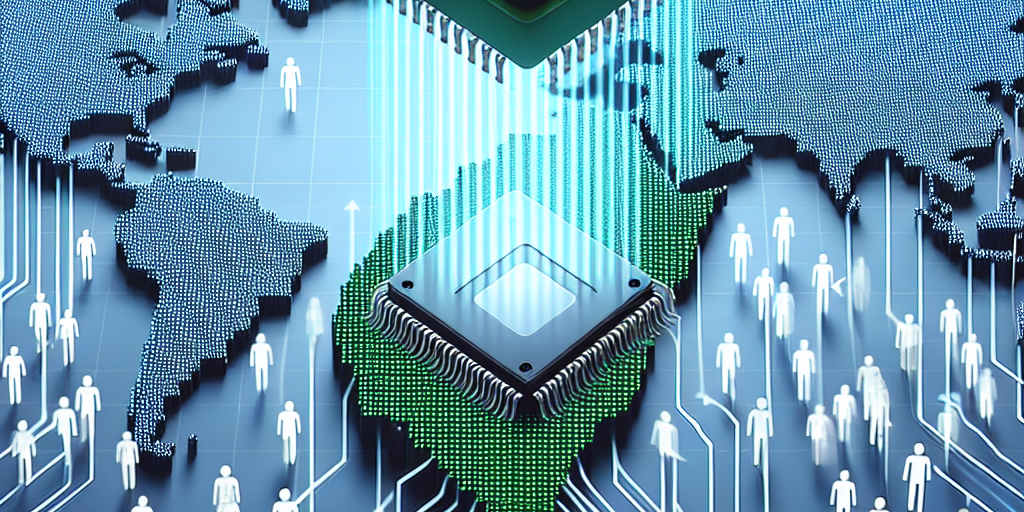Taiwan Dominates Semiconductor Chip Market Amid Chinese Recruitment Drives
Taiwan has become an essential player in the global semiconductor industry, boasting a commanding 68% market share. Home to some of the most sophisticated semiconductor chips used in AI and quantum computing, Taiwan’s expertise is second to none. Companies like TSMC are behind the chips that power a range of prominent tech firms, including Apple, Nvidia, and Qualcomm. Recent reports from Taiwan indicate that Chinese companies are aggressively recruiting Taiwanese chip engineers, offering salaries that are up to 500% higher. The Taiwanese government has retaliated by instructing job platforms to eliminate such listings, showcasing the high-stakes battle for talent in the semiconductor space.
Cybersecurity Concerns with Internet-Accessible PLC Devices
In a chilling discovery, threat management firm Censys found 149 internet-accessible devices, including programmable logic controllers (PLCs) manufactured by Unitronics, potentially vulnerable to cyber threats. These PLCs, which play a crucial role in automation across various industries like water plants and food processing centers, were identified to have exposed remote-access protocols and control panels. This revelation has raised alarms among cybersecurity experts, especially considering past cyberattacks on critical water infrastructure—attacks that often originate from exploiting such uncovered PLCs.
Zuckerberg Reflects on AI’s Impact on Employment
In a riveting interview with Morning Brew Daily, Mark Zuckerberg, CEO of Meta, discussed the ongoing and future implications of artificial intelligence in the workforce. He puts forth the notion that as AI technology evolves, it’s expected to significantly transform the job market, potentially automating tasks and altering the traditional landscape of employment. Zuckerberg’s candid conversation suggests that industries must adapt to AI’s advancing role and emphasize on evolving job functions and career paths, to forge ahead in the age of technology.
Apple Advises Against Rice Remedy for Wet iPhones
A long-standing home remedy for wet electronics has been called into question by none other than tech giant Apple. The company recently advised customers to refrain from placing their iPhones in rice to dry them out. This technique, often used as a quick fix for water damage, is said to potentially worsen the situation and even make for an awkward dining ingredient. Apple’s guidance highlights the importance of following proper device repair protocols and not resorting to kitchen cupboard solutions.







